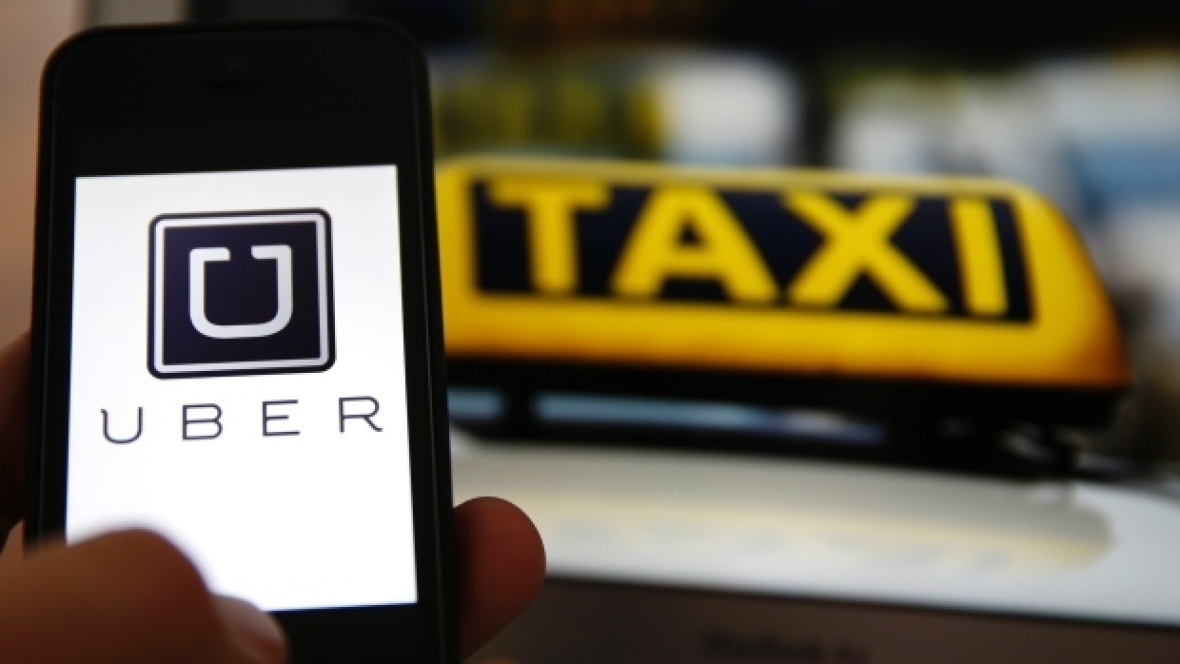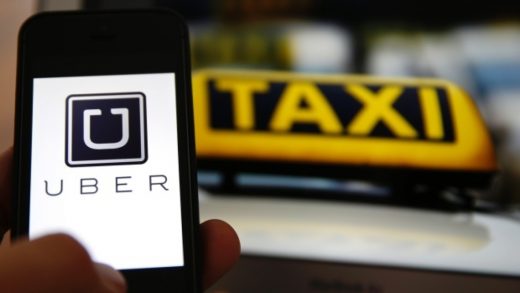Uber Reviews: Wasted Data Vs. Information Goldmine?
by Jay Feitlinger, Op-Ed Contributor, November 23, 2016

As marketers, we tend to get fairly obsessive about online reviews. We use them as proof of our company’s validity, we encourage them in order to get better search rankings and we endlessly analyze them when they’re not as positive as we think they should be. But in the larger business and marketing context, what’s the future of reviews?
I was thinking of this in terms of Uber the other day and ended up stoking a heated discussion among some colleagues. Uber, as most people know, is the rapidly growing app-based transportation company that claims over eight million users currently. The company uses a rating system, by which passengers can rate their drivers and drivers can rate their passengers. It makes sense like any other online reviews until you consider the fact that nothing is done with these reviews.
Okay, that’s not entirely true. The ratings that individual passengers give to drivers are calculated to create an average, and drivers must maintain an absolute minimum of 3.8 in order to continue with the company. Unfortunately, I heard from Uber drivers that they don’t receive actual feedback from passengers who give them poor scores, so they oftentimes don’t know how to improve. So while the ratings do, in fact, function to mandate a high level of performance with Uber, they are basically dead in the water aside from this.
Think about it. When you’re told that Tim will be picking you up in an Escalade, you can see how other passengers have rated Tim. But there’s no recourse for you to do anything with that information, is there?
Similarly, Tim might see that another driver had a subpar experience chauffeuring you around and gave you a less than stellar rating recently. At this point, he could choose not to accept your request, but that means he loses money. And it doesn’t seem entirely fair that he can decline your request due to your rating, but you don’t have any power to choose him or ask for someone else based on his rating.
What if you could, instead, make decisions about your Uber drivers based on all this data that is seemingly grossly untapped? Think of how that would shift the entire process. It would essentially be transformed into a Yelp for drivers.
Drivers are already giving out water bottles and candies in order to provide a better experience to their passengers and therefore earn better ratings. But what if passengers could view the five drivers closest to them and then select which driver they’d like to accept a ride from, based on their ratings? There’s even a function now in which you can rate your Uber drivers according to specific categories, so what if you could also select them because of their rating in a category that’s most important to you? For instance, you could opt to pick a driver who consistently gets high ratings for “getting you there” if you’re in a hurry, and so forth.
I propose these changes would up the ante of the whole operation and create more competition, leading to a better system overall. At this point, it would be the final nail in the traditional taxi model coffin, since taxi drivers are already regularly eschewed in favor of better experiences found elsewhere.
And this new way of operating wouldn’t only benefit the consumer; drivers would also enjoy some perks. They’d have control over providing a better experience, therefore being chosen more and having more opportunity to make money. Only the best would thrive, fostering an environment of true capitalism. If both sides of the equation knew they could be chosen or skipped over based solely on their reviews, it would encourage better behavior on everyone’s part.
I believe this is the way that reviews were intended to function, raising the bar to a whole new level of accountability and service. It’s a total waste if Uber drivers and passengers are unable to use the information that ratings provide in order to make better choices. After all, there’s an entire vault of data just sitting there, waiting to be used to improve upon an already advanced system. And using data in meaningful and effective ways is all marketers really ever want, isn’t it? So what’s your take – continue with the status quo, or start using Uber’s ratings systems as the goldmine of information that they are?
MediaPost.com: Search Marketing Daily
(21)













